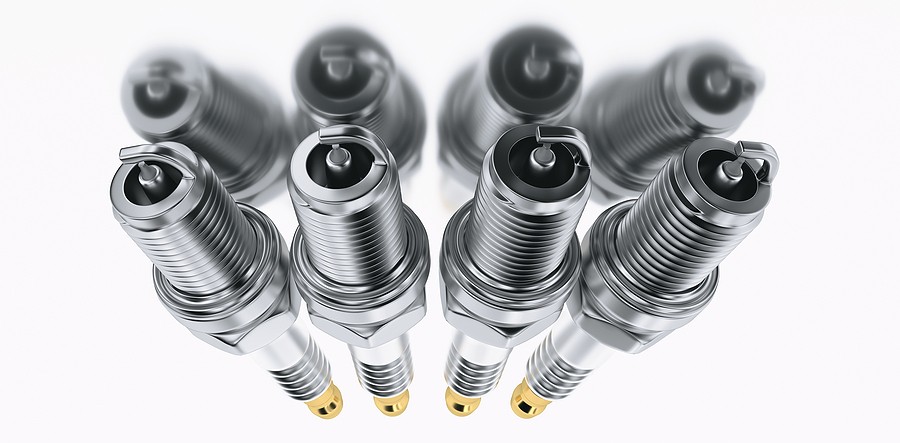The cost to replace spark plugs can vary widely, usually ranging from $100 to $500. This cost depends on factors like spark plug type, engine complexity, and choosing professional services or DIY. Labor costs average between $40 and $350, while spark plugs themselves can range from $2 to $209 each, based on type and quality.
Introduction
Understanding the cost involved in replacing spark plugs is essential for effective vehicle maintenance. This guide provides a straightforward answer upfront, with detailed insights to ensure it's the only resource you'll need.
Understanding Spark Plugs and Their Importance
Spark plugs are vital for engine functionality, igniting the fuel-air mix to power the engine. Worn-out spark plugs need replacing to keep your engine running smoothly.
Most four-cylinder engines have four spark plugs, but advanced engines might have two per cylinder. The material of the spark plugs, such as copper, platinum, or iridium, affects their lifespan and performance.
Regular replacement of spark plugs is crucial to avoid engine misfires, ensure smooth acceleration, and maintain fuel efficiency. Ignoring this can lead to reduced engine performance and higher fuel consumption.
Types of Spark Plugs and Cost Implications
The market offers various spark plug types, each with a distinct cost. Copper spark plugs, usually under $10 each, are cost-effective but require more frequent replacement.
Platinum and double platinum spark plugs, priced at about $10 to $20, provide greater durability. Iridium spark plugs, which cost between $20 and $100 each, offer the longest lifespan and are ideal for modern engines.
Other options include double iridium and ruthenium spark plugs, with prices ranging from $8 to $209 each. These types are known for their longevity and efficiency, suitable for specific engines.
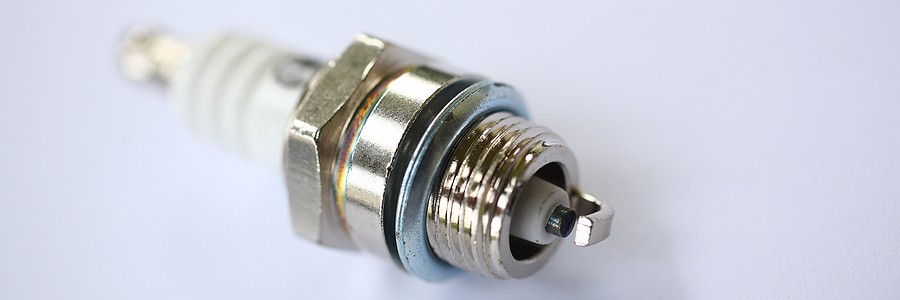
DIY vs. Professional Replacement: What to Expect
DIY replacement can save you labor costs, especially if you have basic mechanical skills. For a four-cylinder engine, you might spend around $30 to $150 on spark plugs, depending on the type you choose. However, it's essential to have the right tools and basic knowledge.
Professional replacement, on the other hand, ensures the job is done correctly but can be more costly. Labor charges can vary significantly based on the vehicle's make and model and the complexity of the engine.
Considering the potential complexity of the task, especially for certain engine types, professional service might be a safer and more efficient choice, albeit at a higher cost.
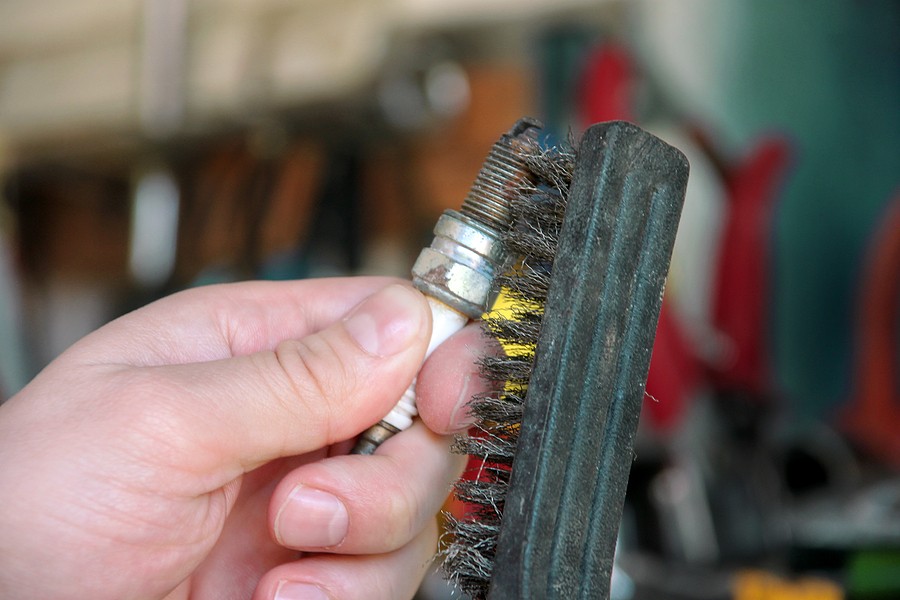
When to Replace Your Spark Plugs
Spark plug replacement intervals vary based on the plug type and vehicle usage. Standard copper spark plugs typically need replacing every 30,000 to 50,000 miles.
More advanced platinum or iridium plugs can last up to 100,000 miles. However, factors like driving habits and engine condition can affect these intervals.
Signs that you might need new spark plugs include difficulty starting the vehicle, engine misfires, reduced fuel efficiency, and uneven idling. It's best to consult your vehicle's manual or a professional mechanic for specific guidance.
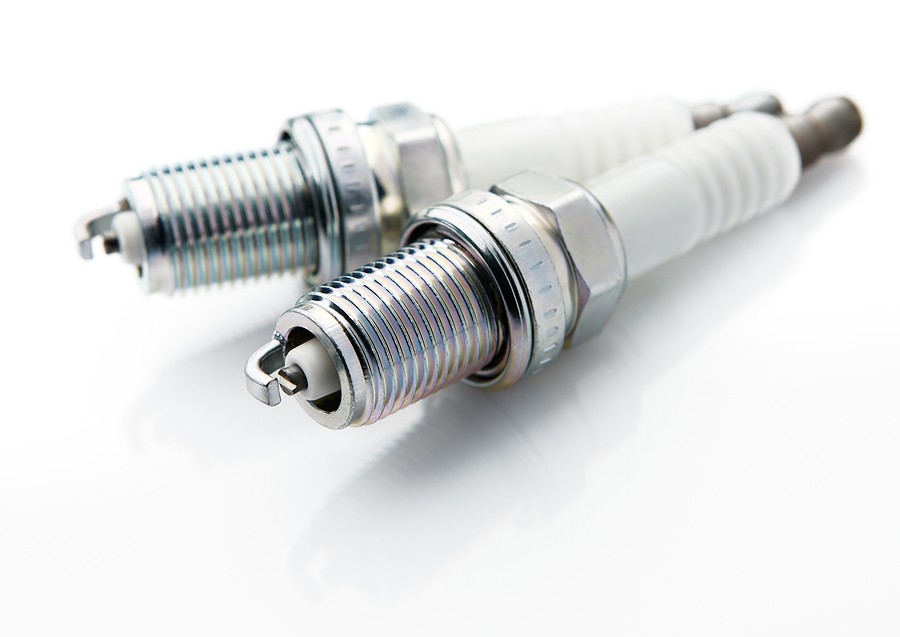
Cost Analysis: Breaking Down the Expenses
The total cost of spark plug replacement comprises the price of the plugs and labor. For instance, replacing spark plugs in a four-cylinder engine might cost $100 to $200 in total.
For more complex engines, like V6 or V8, the cost can increase due to the higher number of spark plugs and the increased labor involved. Additionally, some vehicles may require extra work to access the spark plugs, adding to the cost.
It's worth considering that while premium spark plugs are more expensive upfront, their longer lifespan can offer better value over time.
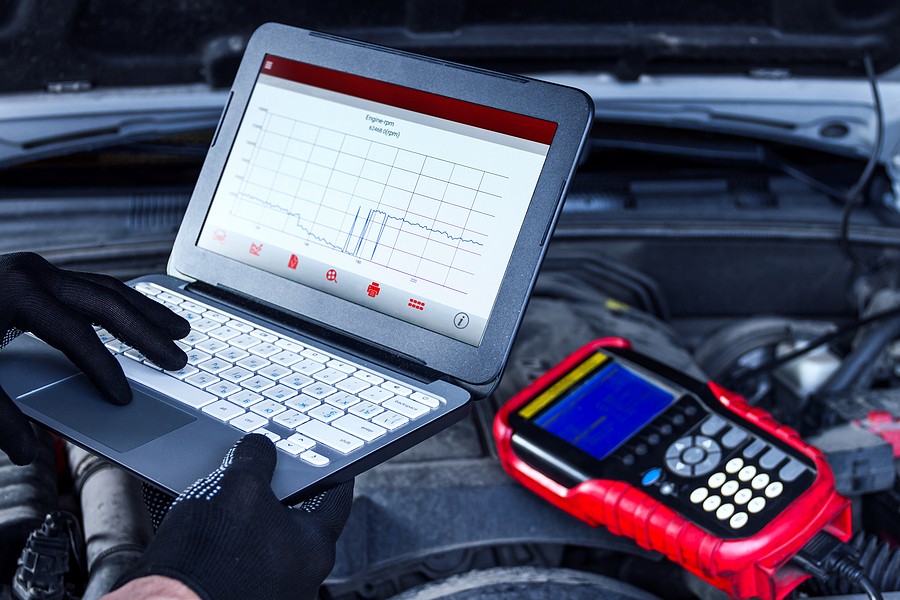
Conclusion: Maximizing Value and Performance
Replacing spark plugs is a crucial aspect of vehicle maintenance that shouldn't be overlooked. By understanding the types of spark plugs and their costs, you can make an informed decision about whether to undertake this task yourself or seek professional help.
Remember, investing in quality spark plugs and timely replacement can save you money in the long run by ensuring optimal engine performance and fuel efficiency.
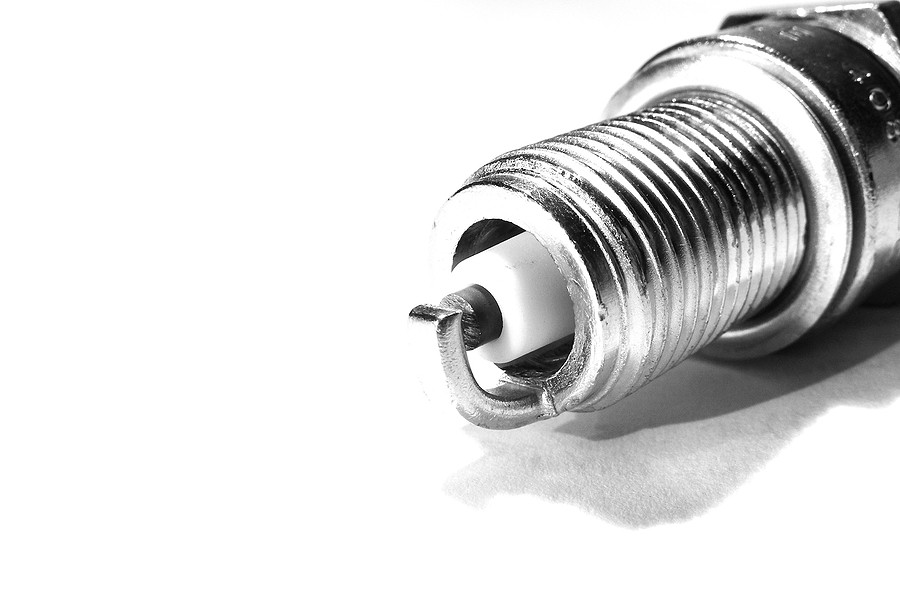
Contact Cash Cars
Buyer for Hassle-Free Car Selling** If you're considering selling your car, regardless of its condition, Cash Cars Buyer is here to help. With our expertise in the automotive industry, we ensure a seamless and fair process. Reach out to us at 773-791-4363 for a stress-free car selling experience.

